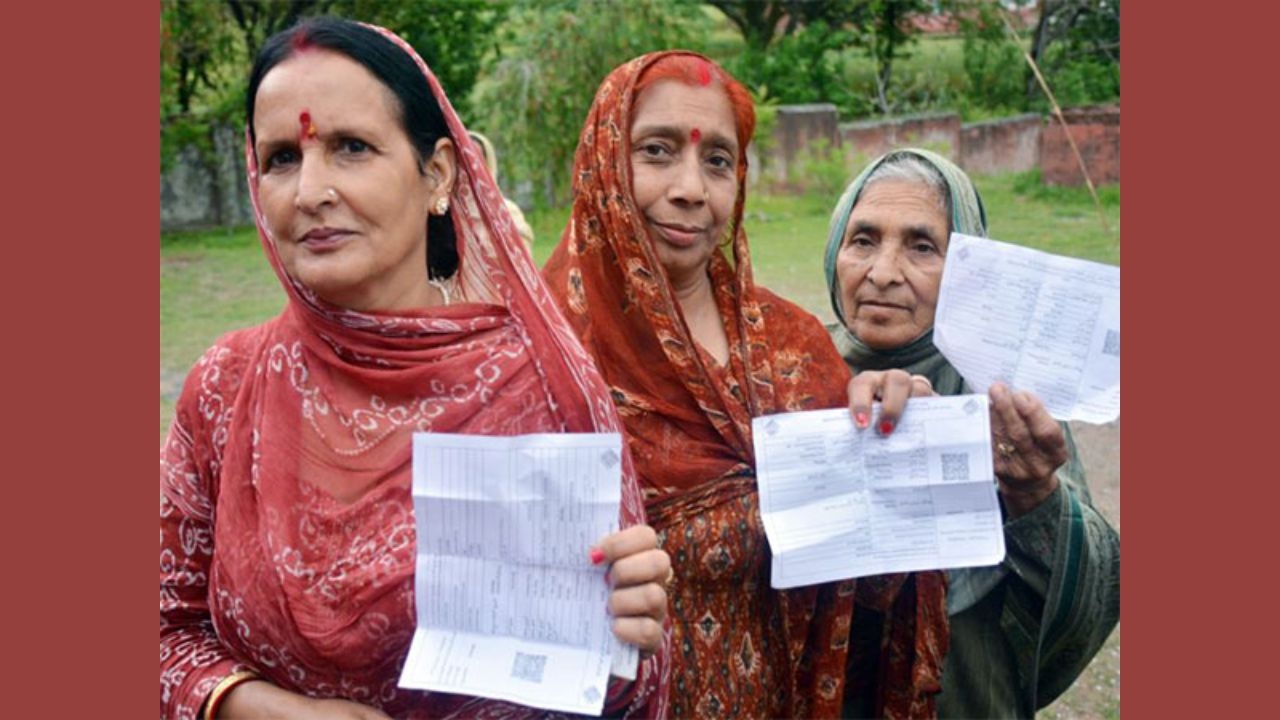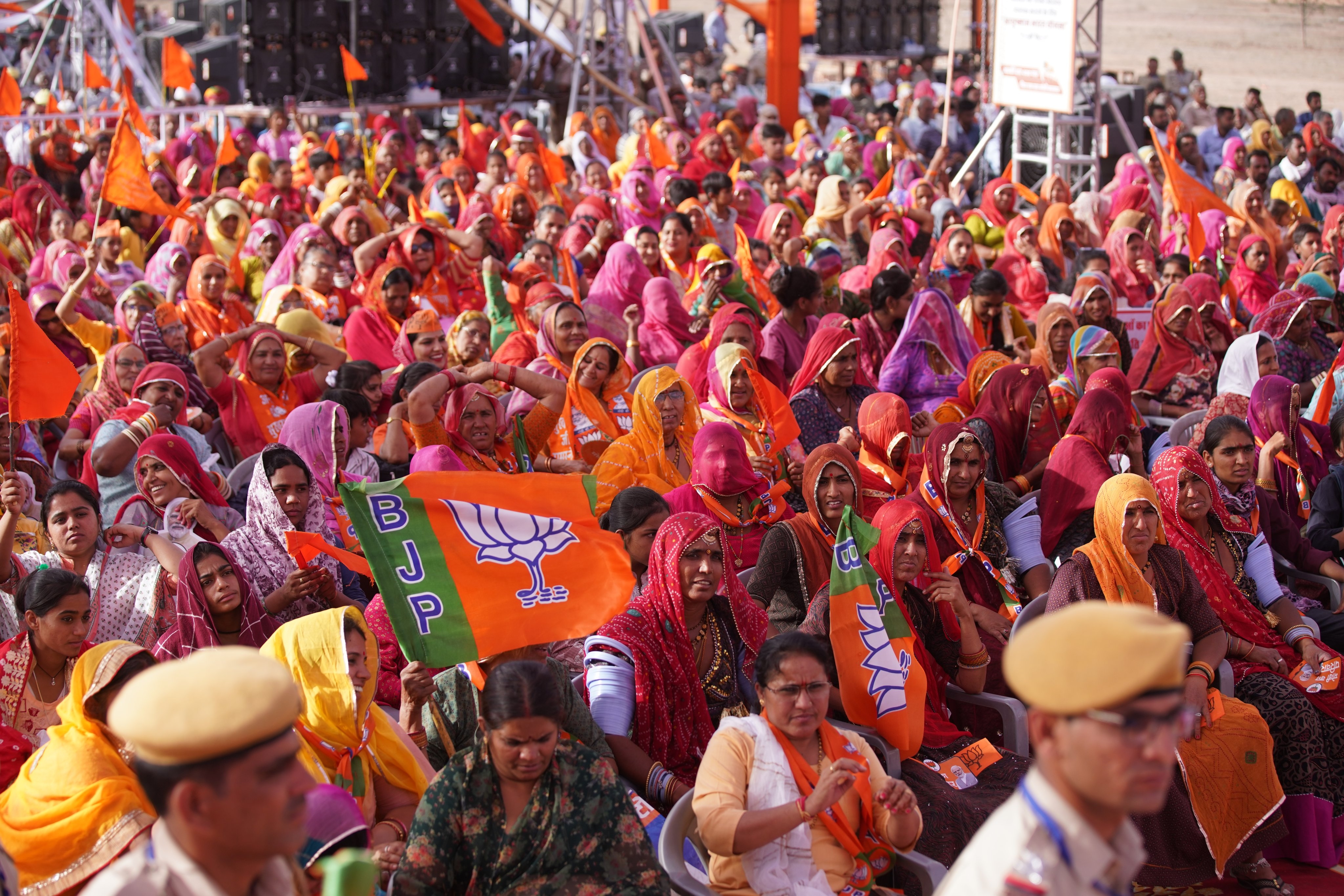Rebirth or reincarnation? The perils of revising Japan’s Constitution
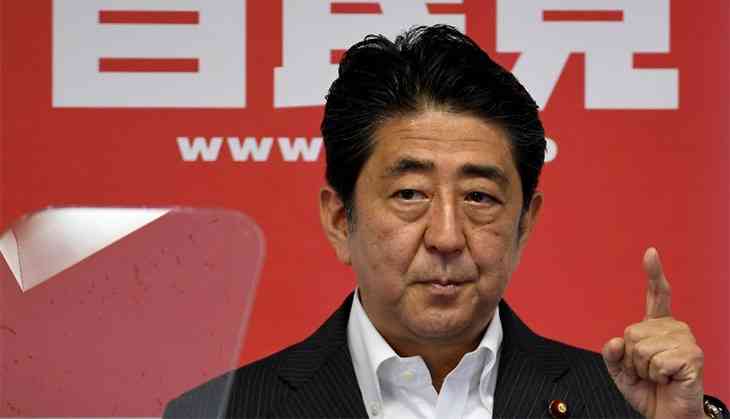
Japan is likely to enter the most turbulent phase of its post-war history. Prime Minister Shinzo Abe has recently announced the year 2020 as the deadline for constitutional revision. Among others, the proposal was to add a third paragraph to Article 9 that recognises the existence of the Self-Defense Forces (SDF) as ‘National Defence Forces’.
Opening Pandora’s Box
It would certainly open the Pandora’s Box given Japan’s socio-political complexities and security complications. Therefore, it is imperative to investigate as to why Shinzo Abe has given the deadline of 2020 for revising the Constitution, and the consequences of such an eventuality.
The immediate prompt for Abe’s decision were:
(i) He may have hoped that the deteriorating security situation in East Asia would blunt public opposition to constitutional revision
(ii) To maximise Liberal Democratic Party’s (LDP) two-thirds majority in both Diet chambers, because the Lower House term ends in December 2018, and he is probably unsure of gaining similar majority in the next election
(iii) The national referendum ought to be conducted between 60-180 days subsequent to the initiation of the revision. Thus, the timing has to be appropriate to provide sufficient time for lobbying political support and prepare the public for the revision process.
Japan's right-wing resurgence
So, where does Abe gather his strength to accomplish his goals? The Japan Conference, supposedly the largest right-wing organisation in Japan, gives the necessary traction for the movement to revise the constitution by creating a citizen group known as the National Society to Create a Constitution for a Beautiful Japan.
It never admits the legitimacy of the post-war Constitution as it was imposed, and considers the Tokyo Tribunal verdict calling Japan’s wars between 1931-45 as aggression responsible for loss of pride and self-confidence among younger generation.
Being a grassroots organisation, it mobilises public support through massive national rallies, collecting signatures and securing local assembly resolutions across the country. Its non-partisan parliamentary league ‘Japan Conference Diet Members’ has 281 members, which represents 39 per cent of the total Diet members, including Abe and Deputy Prime Minister Taro Aso as special advisers.
Accordingly, Japan Conference’s objectives are in tune with Abe’s goals of constitutional revision and national revivalism by drawing public attention and providing support in the referendum.
Changing political dynamics
Further, the transformation of domestic political dynamics has also contributed to the situation. The weakening of Japan Socialist Party (JSP) and Japan Communist Party (JCP), which pulled LDP towards center, has unshackled LDP to move towards its roots and fulfill the founding goals of constitutional revision and injecting indigenous Japanese spirit into the constitution.
Of course, Komeito (Clan Governance Party), LDP’s junior partner, can tilt the balance as it is opposed to constitutional revision, and provides 5-20% of the votes to LDP candidates in the single-seat districts.
However, history records that Komeito has supported the important security related legislations in 1992, 2001, 2003, and the conditional collective self-defence in 2014. Therefore, Komeito’s opposition in the constitutional revision process is a moot question, not a certainty.
On the other hand, Abe belongs to one of the many factions in the LDP that have been determined to revise the Constitution radically since its inception in 1955. Their opposition to the constitution emanates from the perception that (i) it was imposed by a foreign military, which restricts independent foreign and security policy choices; (ii) the fundamentals of the constitution are based on Western notion of natural rights rather than indigenous Japanese spirit; and (iii) the criticism that Japan is freeriding under the US security nuclear umbrella and resorts to ‘cheque book diplomacy’ is unacceptable.
Further, Japan’s growing concern over its sluggish economy in the face of the gigantic proportions that Chinese economy and military have attained has strengthened that belief. This thought process provides the locomotion for the conservatives to try revising the constitution.
Besides, Abe draws his convictions from Kishi Nobusuke, his maternal grandfather, a Class A war criminal convicted by Tokyo Tribunal for war-time atrocities, and a post-war former prime minister who wanted to revise the constitution. He bared his intentions during his first-term as prime minister during 2006-07 by enacting a national referendum law for constitutional revision in 2007. Under his leadership, in the run-up to the 2012 general elections, a LDP committee prepared a draft for a revised constitution that underlies two basic ideas: Japan’s strengthened military commitments and infusion of conservative ideology.
Undoing democratic ideals
The 1947 Constitution institutionalised people’s sovereignty, protected human rights, and renounced war. However, the draft Constitution talks of respect for the emperor, granting political authority to religious groups, restriction of free speech in emergency situations, and obligations for the citizens such as ‘upholding the constitution’, ‘respect the national anthem and flag’, etc.
Such an admixture of conservative ideology would not only undo the democratic ideals of the existing constitution, but may also pave the way for autocracy.
Any revision of Article 9 may strengthen the constitutionality of SDF as a national defence force, and bolster US-Japan alliance, which may force Japan to send its troops to Korea in an emergency.
Any such action would certainly send a signal to the region, especially China, that Japan has renounced its pacifist path jeopardising the fragile security environment.
Nor it would mitigate the recalcitrant North Korean regime. Consequently, an armed Japan may become a liability for maintaining peace and stability of the region unless handled deftly.
Hence, Shinzo Abe’s attempt to revise Japan’s constitution by 2020 is perilous as the draft constitution provisions are ridden with undemocratic and revivalist ideas. Given its militarist past, bereft of any constitutional constraints, an unrestrained Japan may become harder for the world to manage.
A D Gnanagurunathan is the Head, Liberal Arts, Apeejay Stya University, Gurgaon, Haryana.
First published: 16 May 2017, 20:09 IST



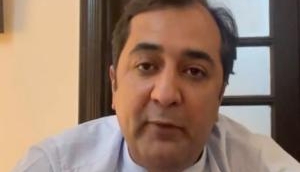
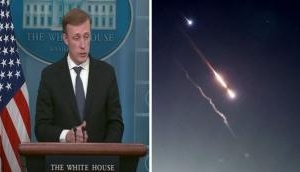
![BJP's Kapil Mishra recreates Shankar Mahadevan’s ‘Breathless’ song to highlight Delhi pollution [WATCH] BJP's Kapil Mishra recreates Shankar Mahadevan’s ‘Breathless’ song to highlight Delhi pollution [WATCH]](http://images.catchnews.com/upload/2022/11/03/kapil-mishra_240884_300x172.png)

![Anupam Kher shares pictures of his toned body on 67th birthday [MUST SEE] Anupam Kher shares pictures of his toned body on 67th birthday [MUST SEE]](http://images.catchnews.com/upload/2022/03/07/Anupam_kher_231145_300x172.jpg)



